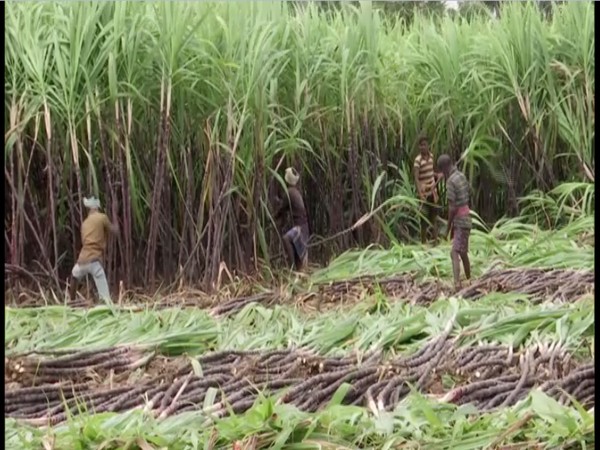The district administration in Yavatmal is concerned about the migration of landless and marginal farmers in search of work during the election season. Every year, a significant number of villagers from Yavatmal’s Pusad and Umarkhed tehsils travel to Western Maharashtra and even as far as Karnataka to work in sugarcane fields. They are hired to help with the labor-intensive task of harvesting sugarcane, a job that typically lasts for 4 to 5 months and pays between Rs 80,000 and Rs 1 lakh, reported The Times of India.
With the assembly elections approaching, the district administration is worried that the migration of these workers could affect voter turnout. To prevent this, the government is making efforts to persuade workers to stay in the villages until at least the polling day. Meetings have been held with villagers and the labor contractors who take them to the sugarcane fields. The administration is offering them temporary work under the government’s employment guarantee scheme to encourage them to stay, as per the media report citing official in involved in the drive.
The state government circular asked sugar mills in Maharashtra not to begin operations before November 15. The circular warns that any violations would lead to action against the mills’ management. The start date for sugar mills is typically determined by factors such as water availability and the maturation of the sugarcane crop.
Locals explain that working in the sugarcane fields is often a necessity. “Many of these workers belong to the Banjara community and are dryland farmers,” says Manish Jadhav, a farmer and activist from Yavatmal. “They are hired by sugarcane transporters, who in turn are paid by the sugar factories. Even farmers whose fields are harvested pay for their labor. The total cost can amount to Rs 1 lakh or more.”
The West Indian Sugar Mills Association (WISMA) expressed concern over reports suggesting that the start of the crushing season might be delayed by a week, until November 21, due to the state assembly elections scheduled for November 20, 2024. Such a delay, it warned, could have significant negative impacts on the sugar industry. Delayed operations could disrupt the central government’s ethanol-blending program and lead to financial penalties for mills that fail to meet supply commitments to oil marketing companies.










